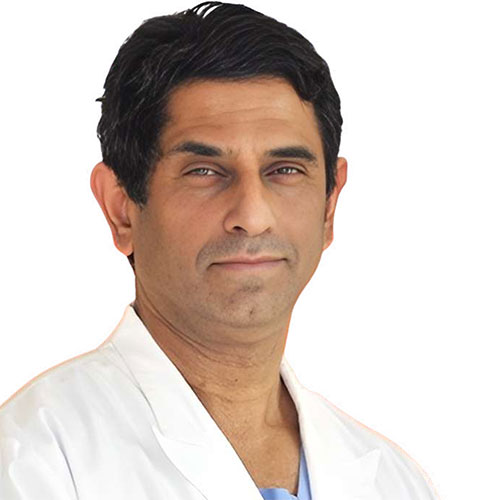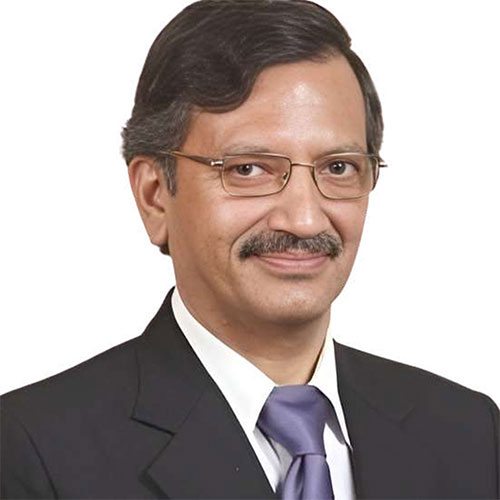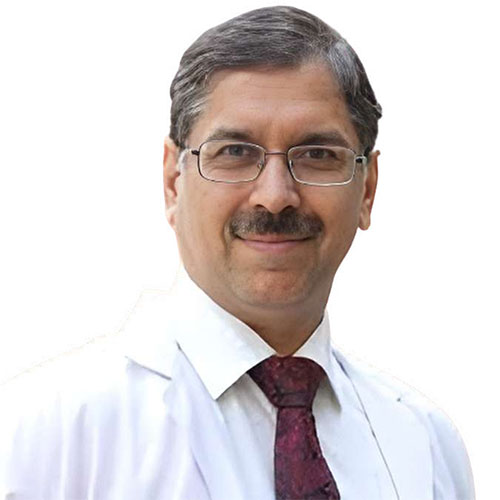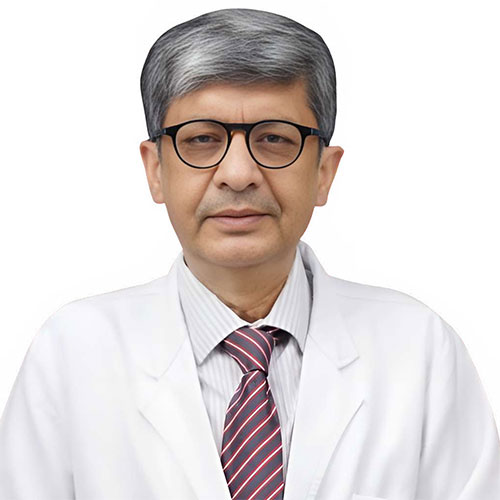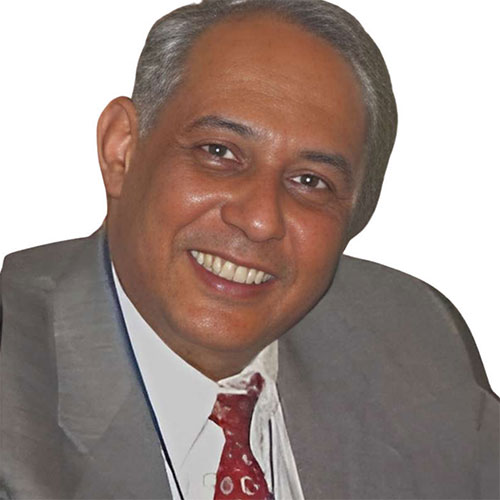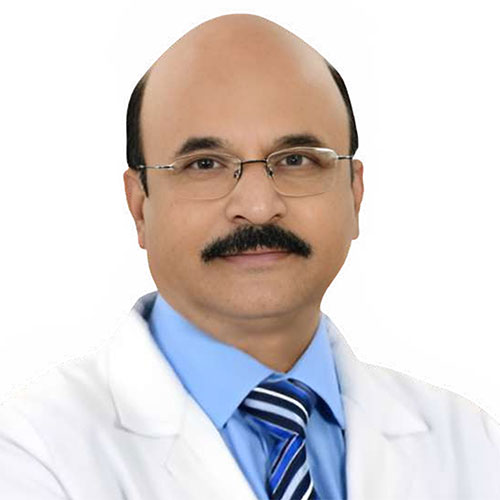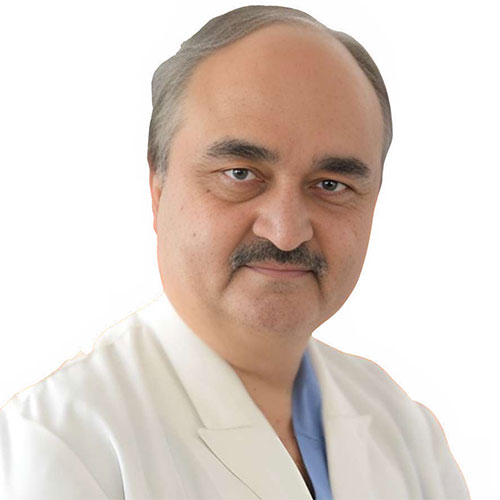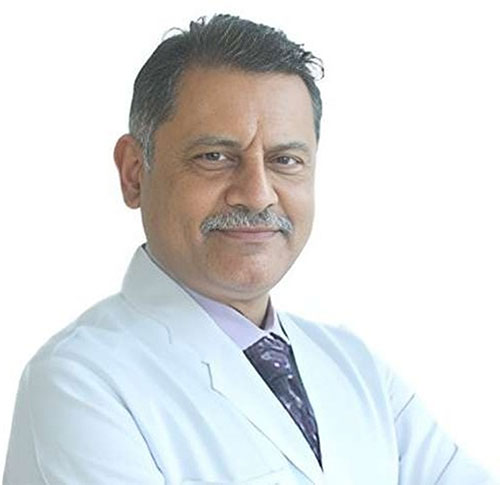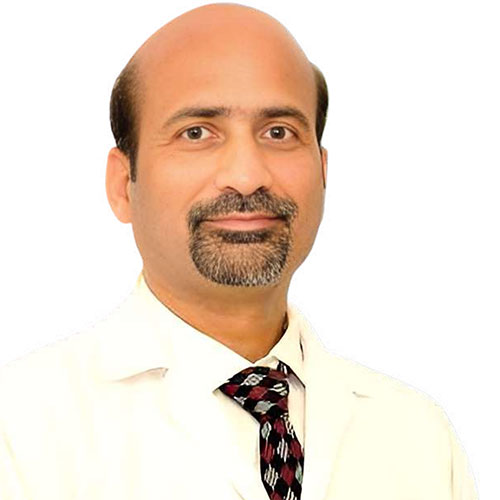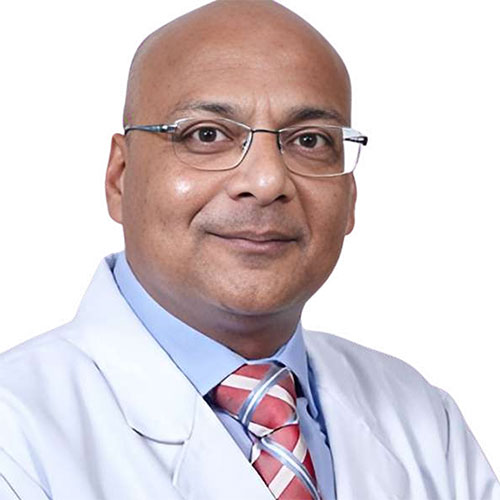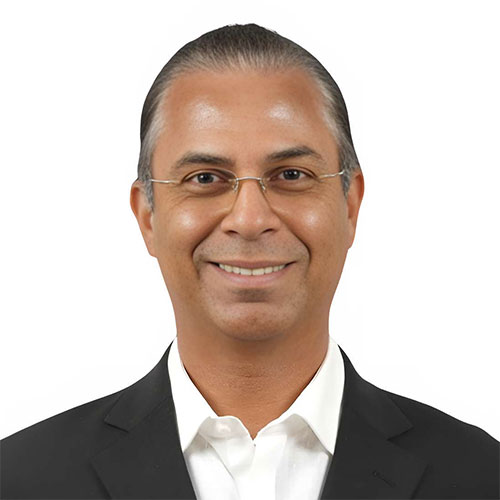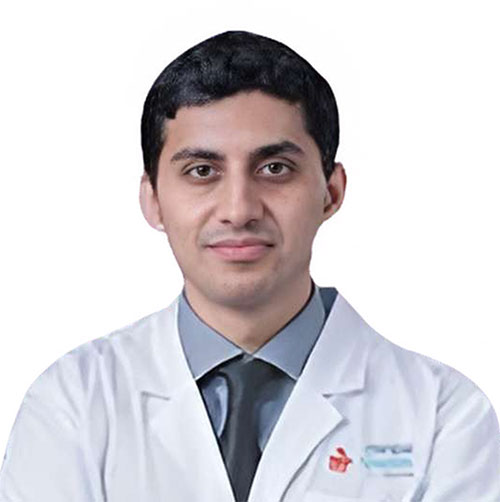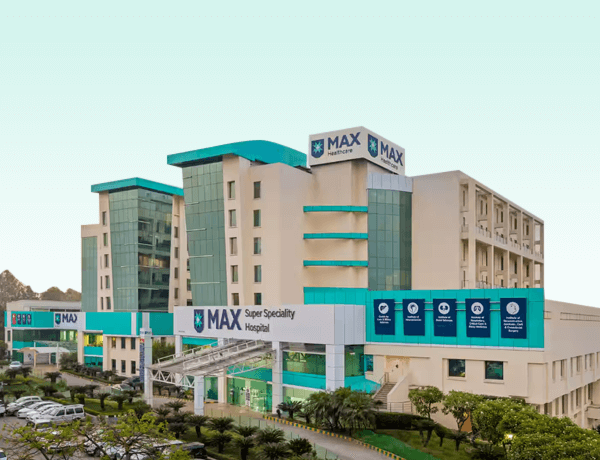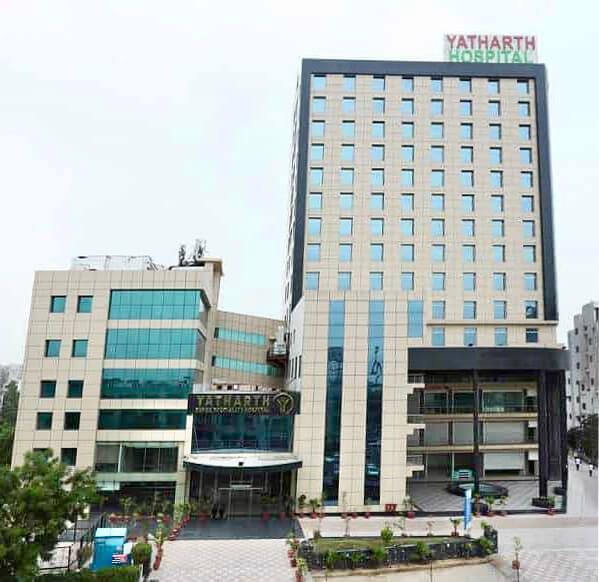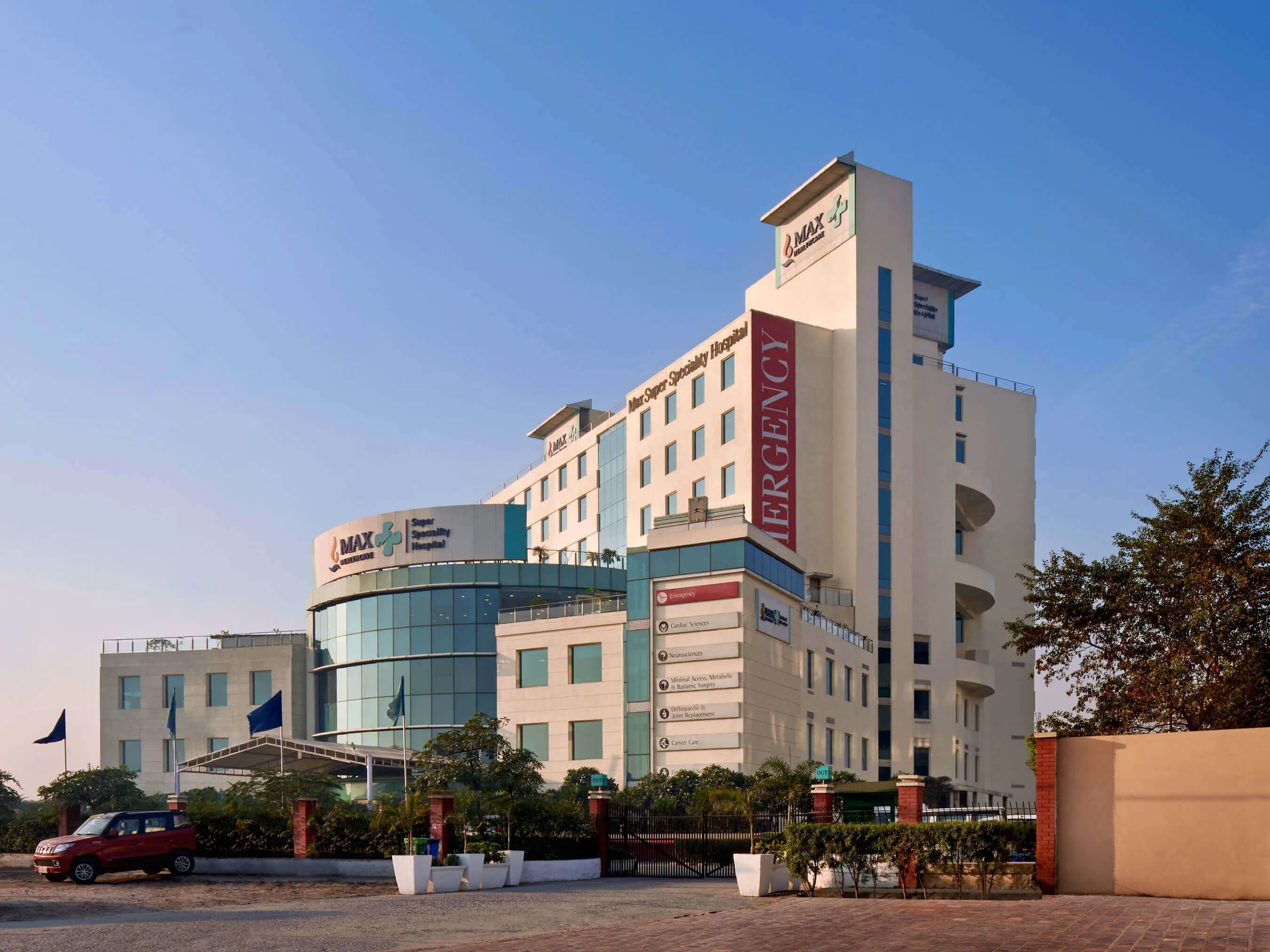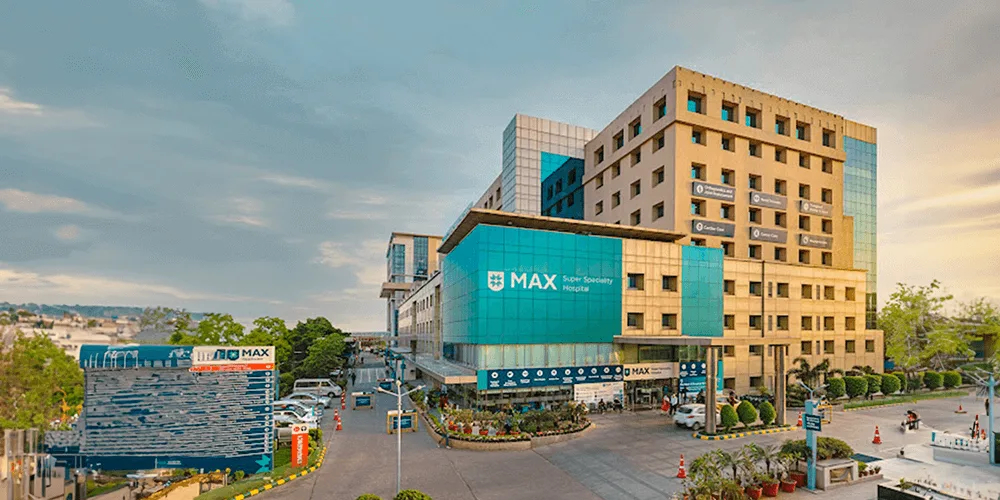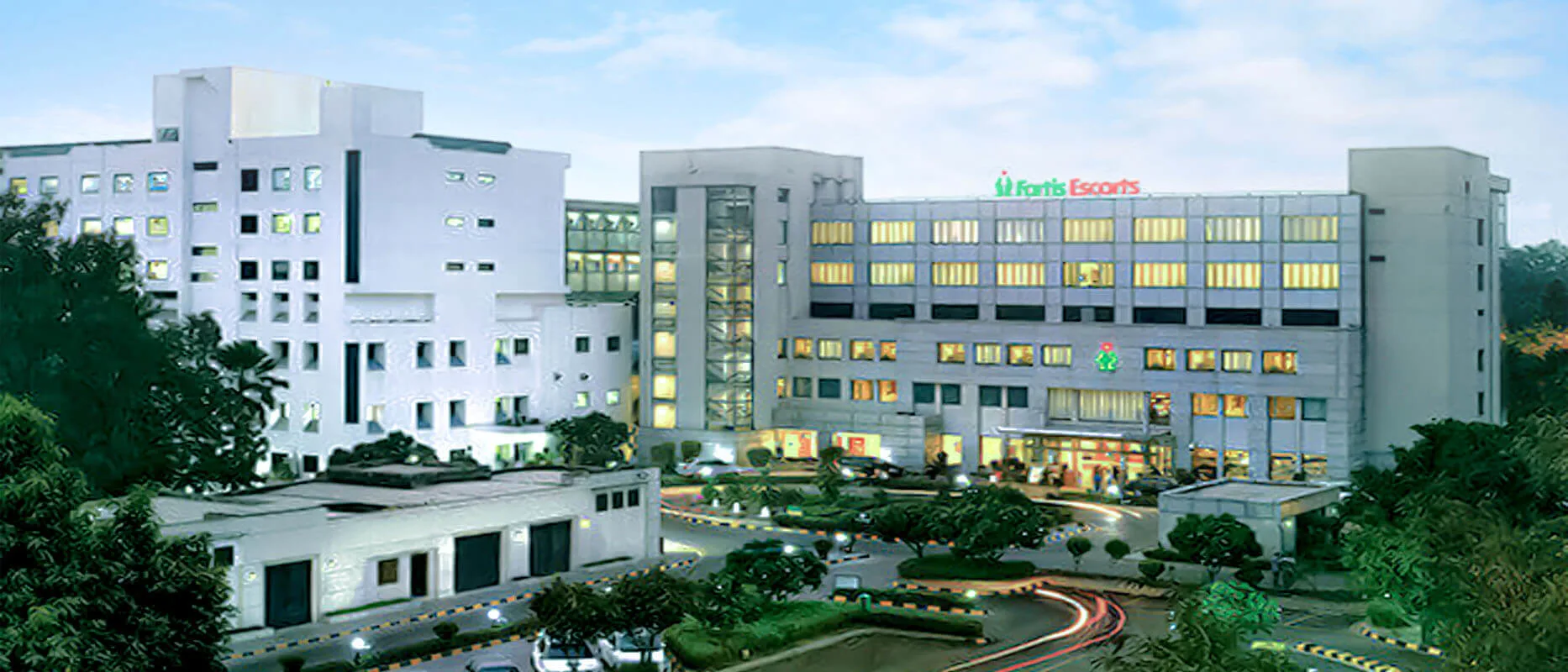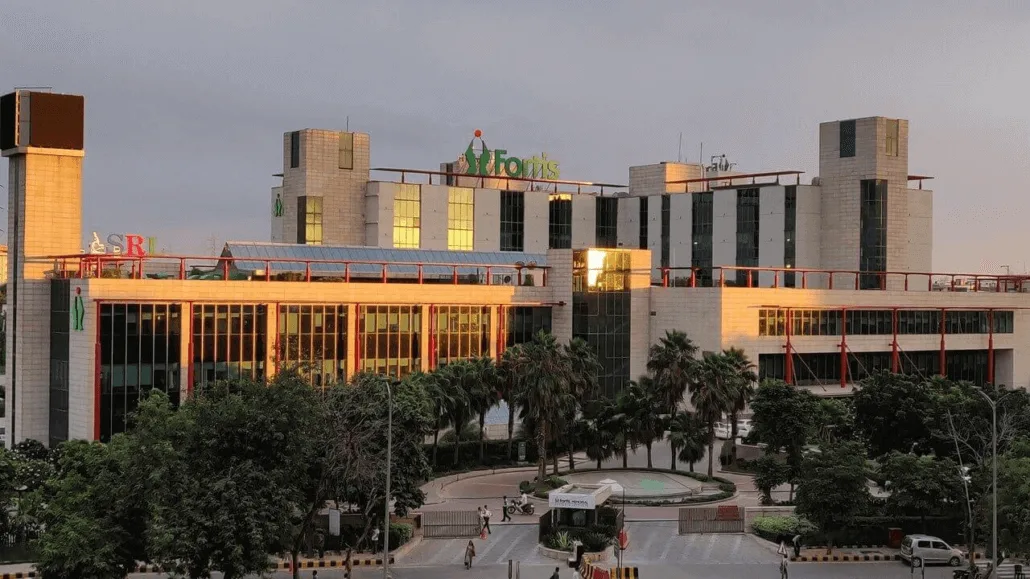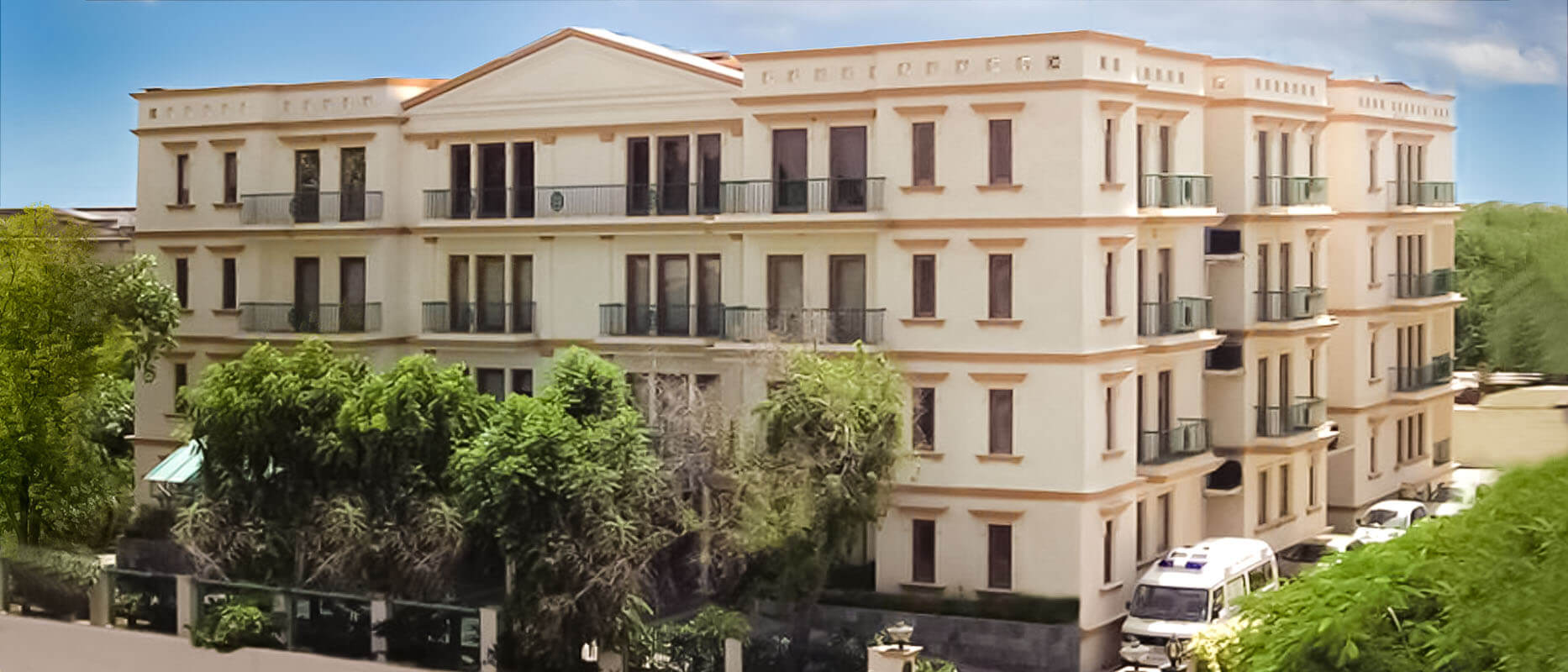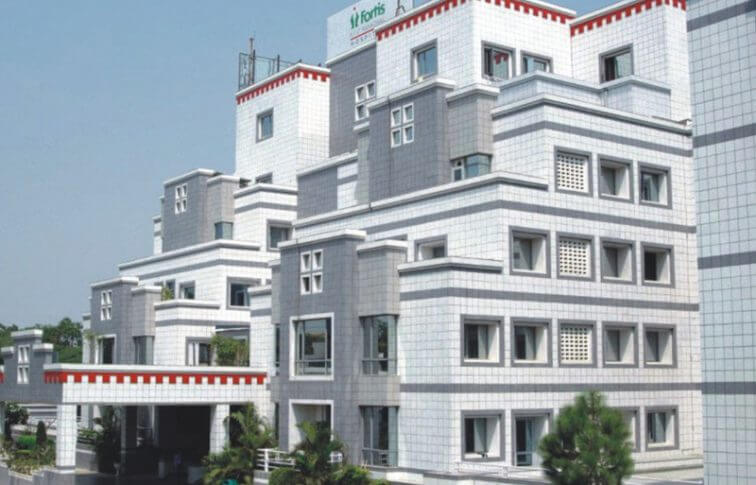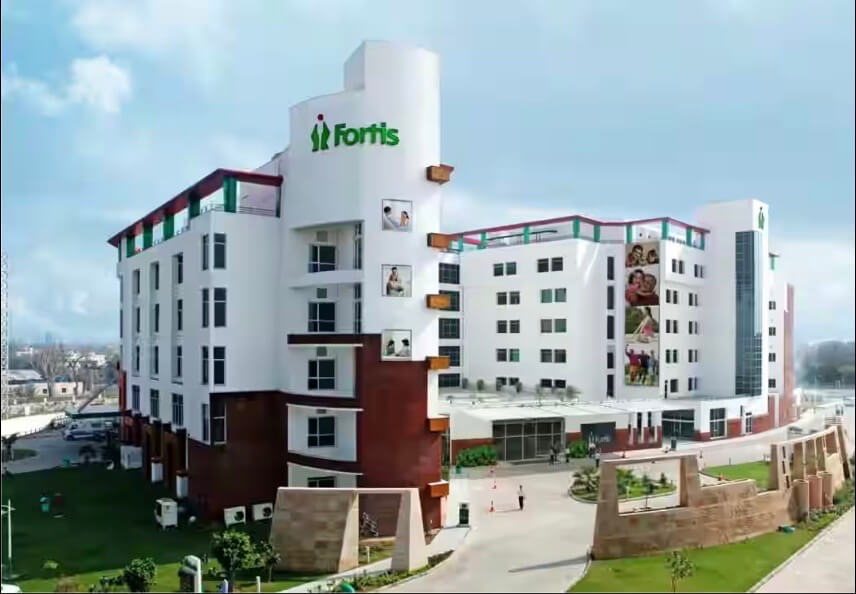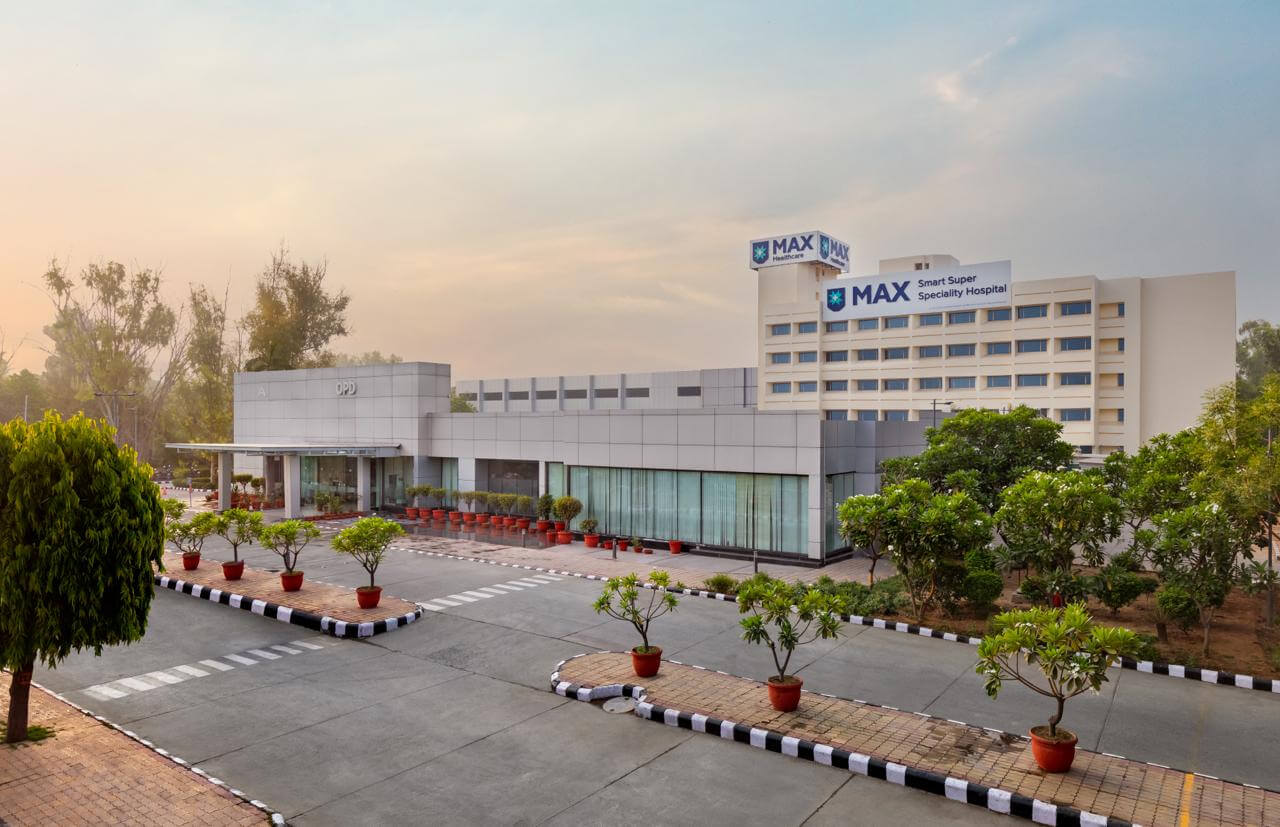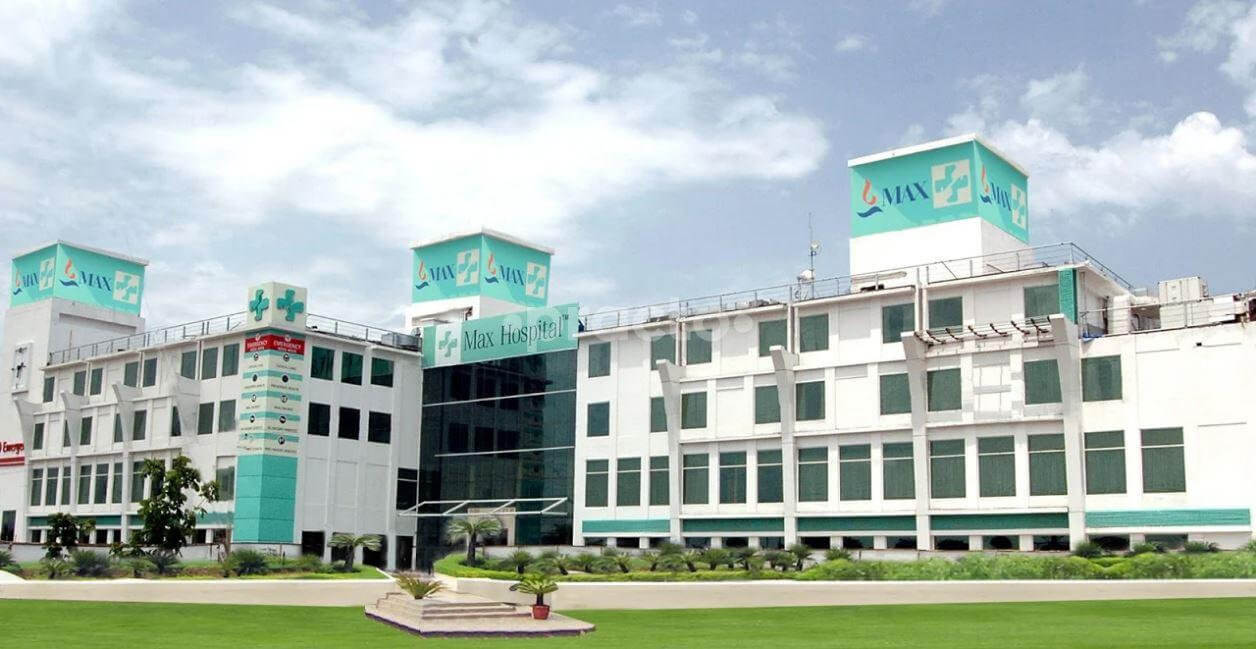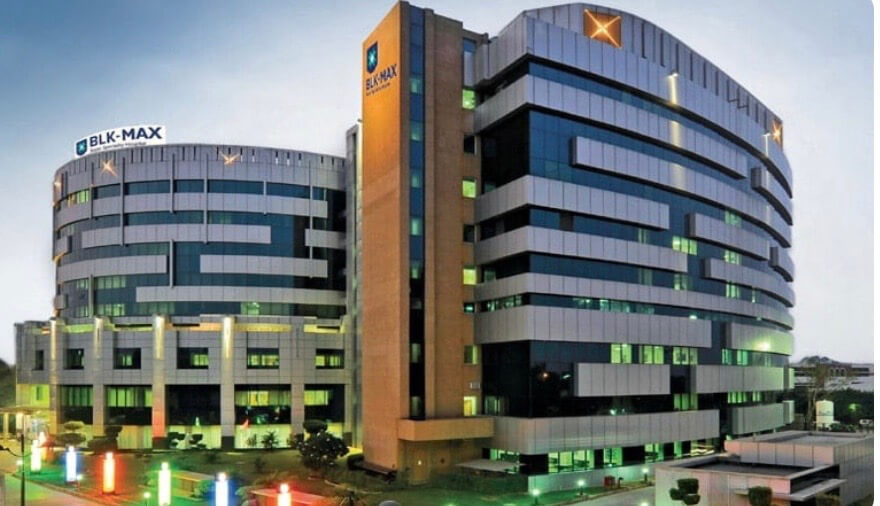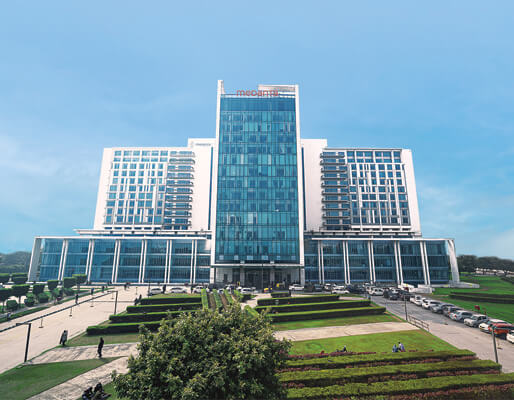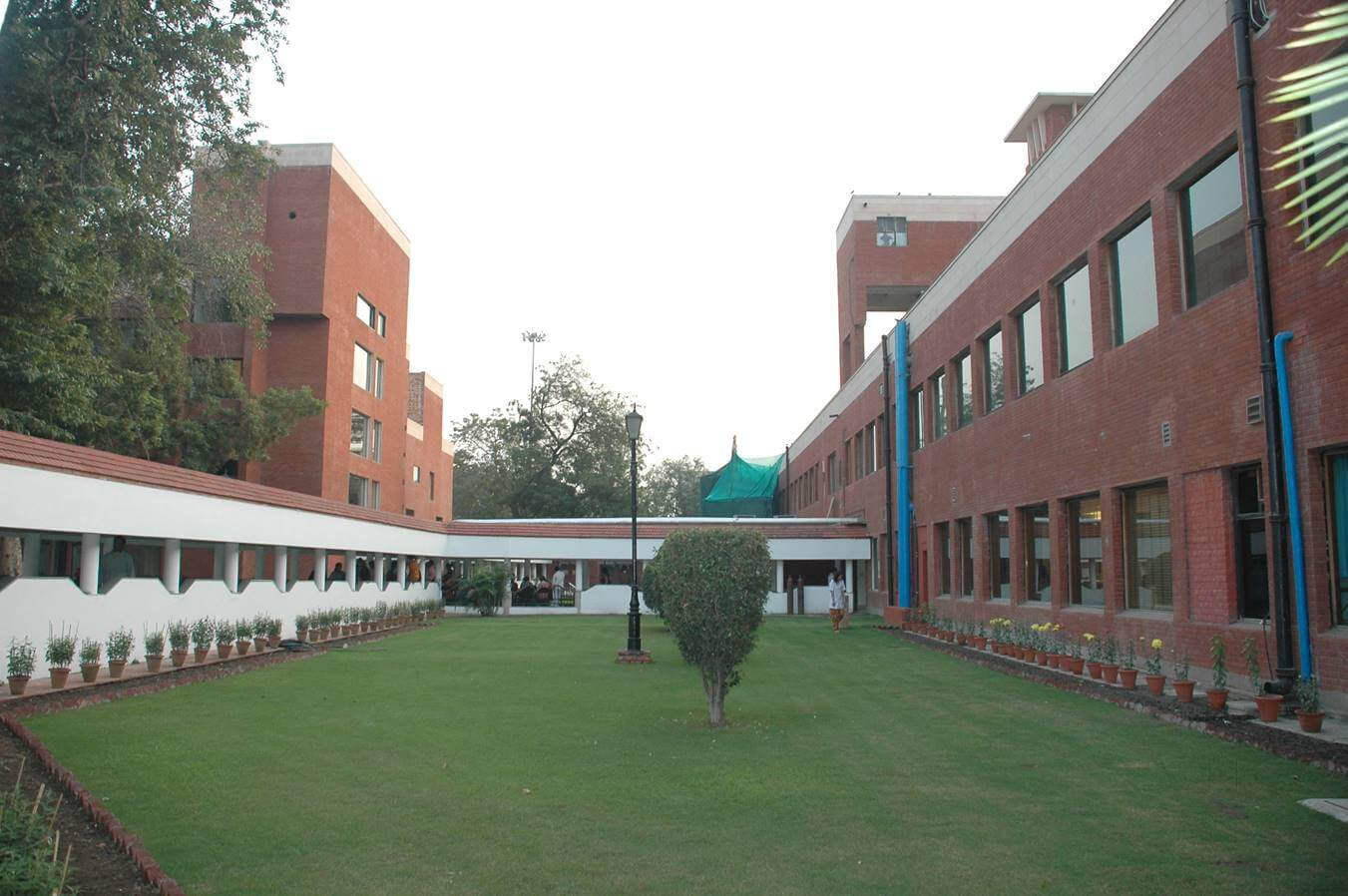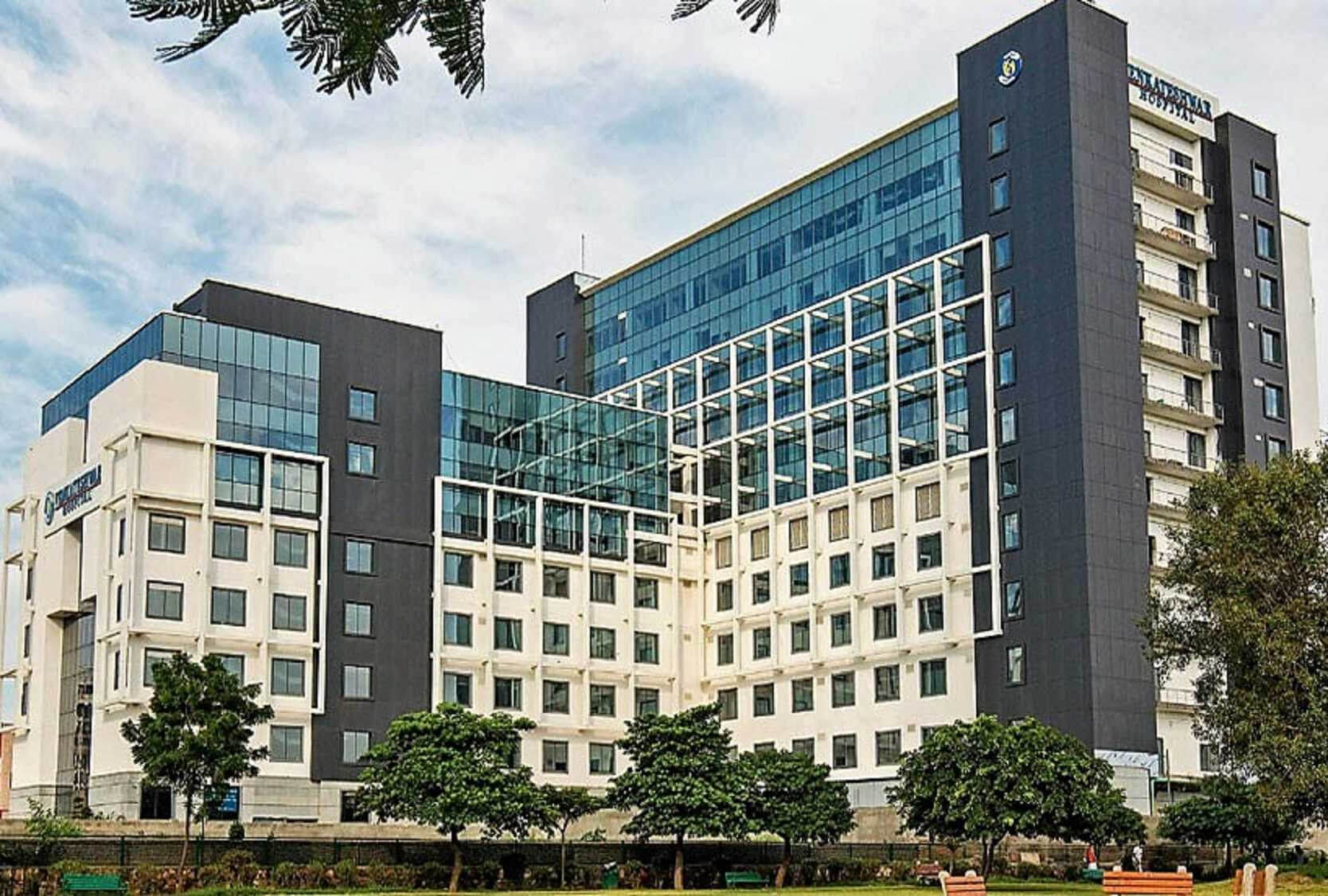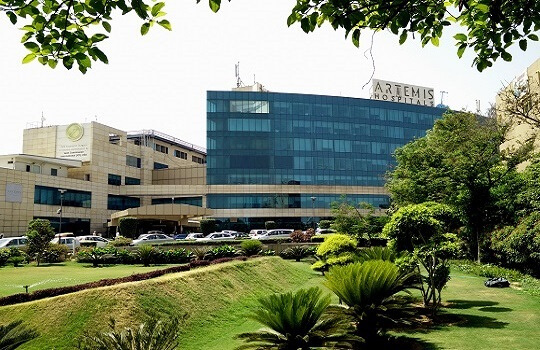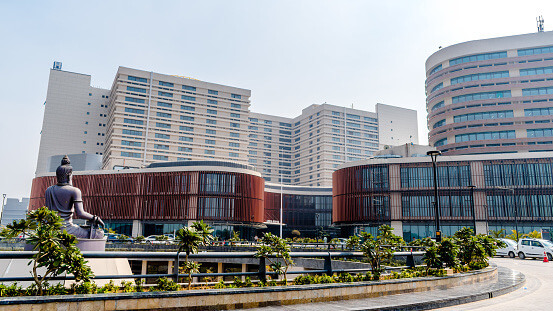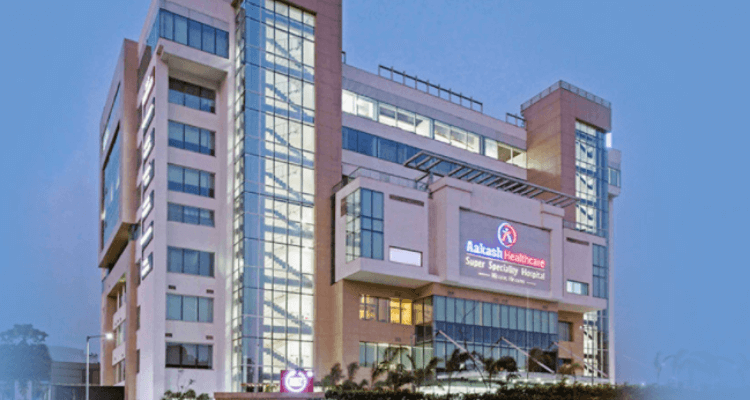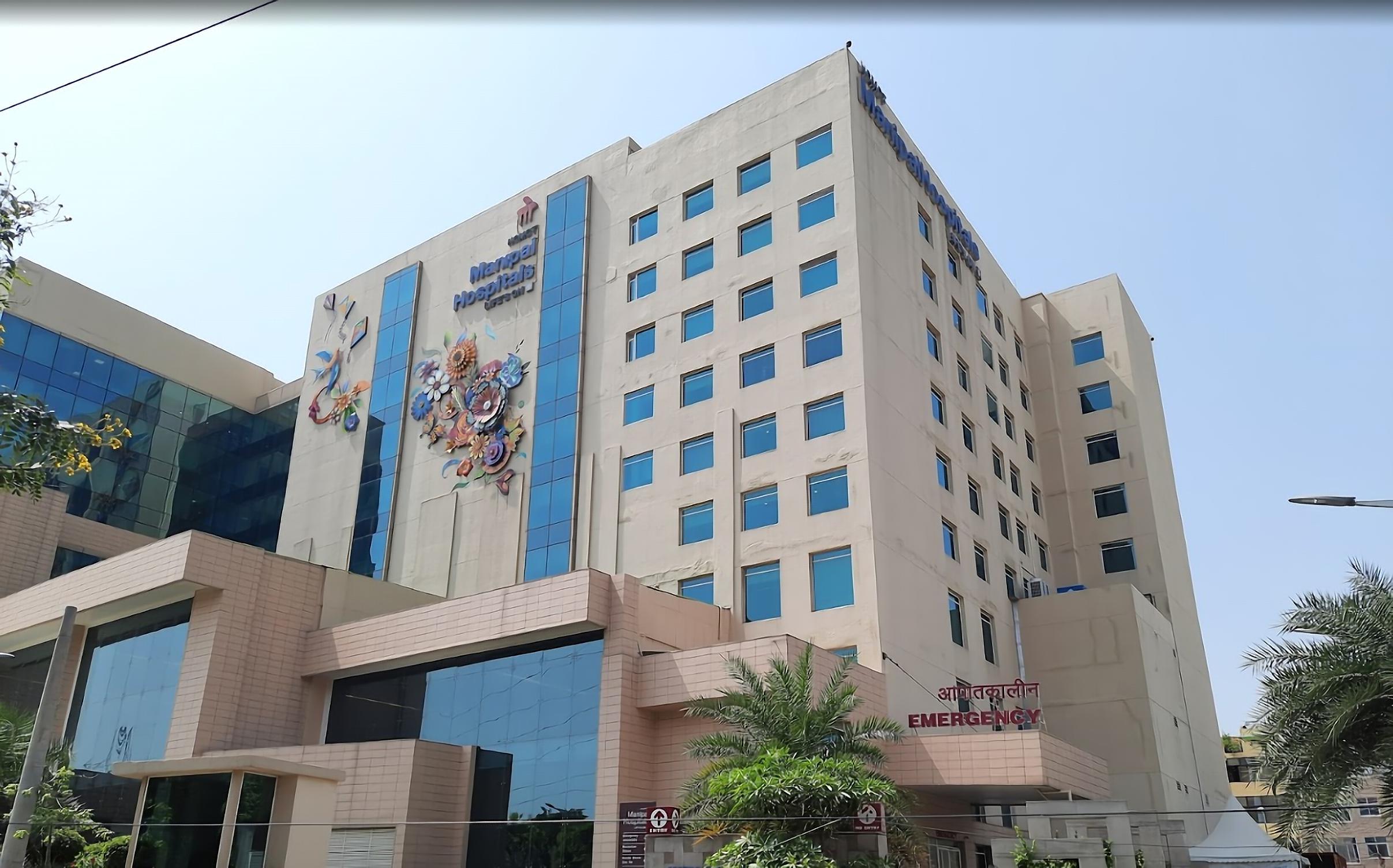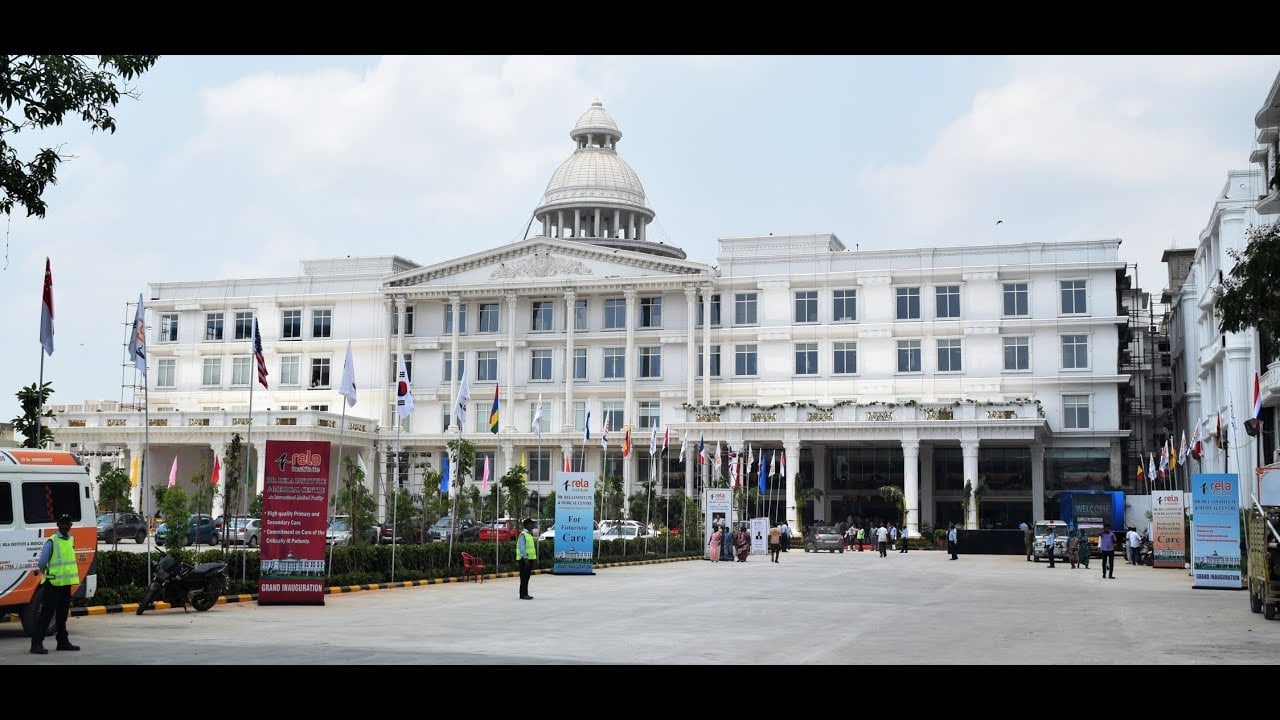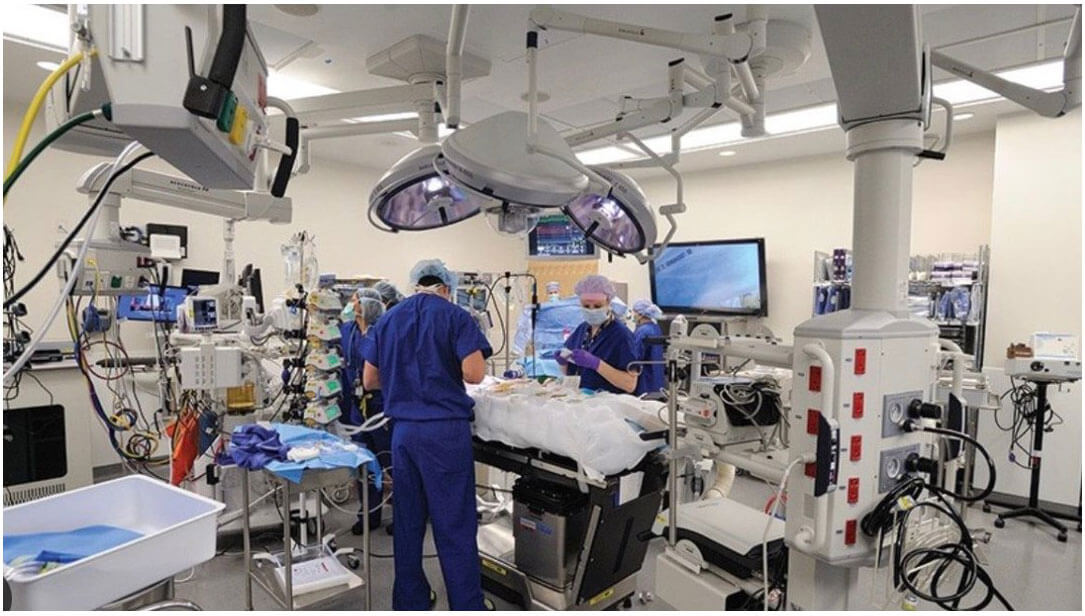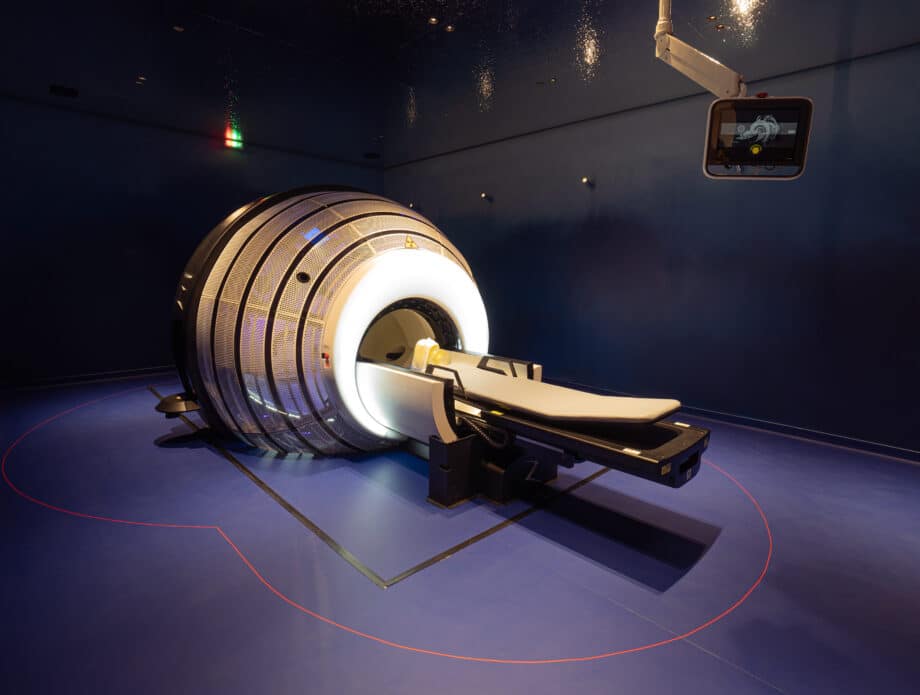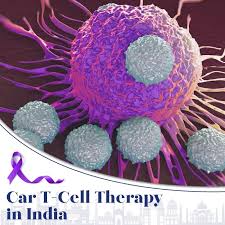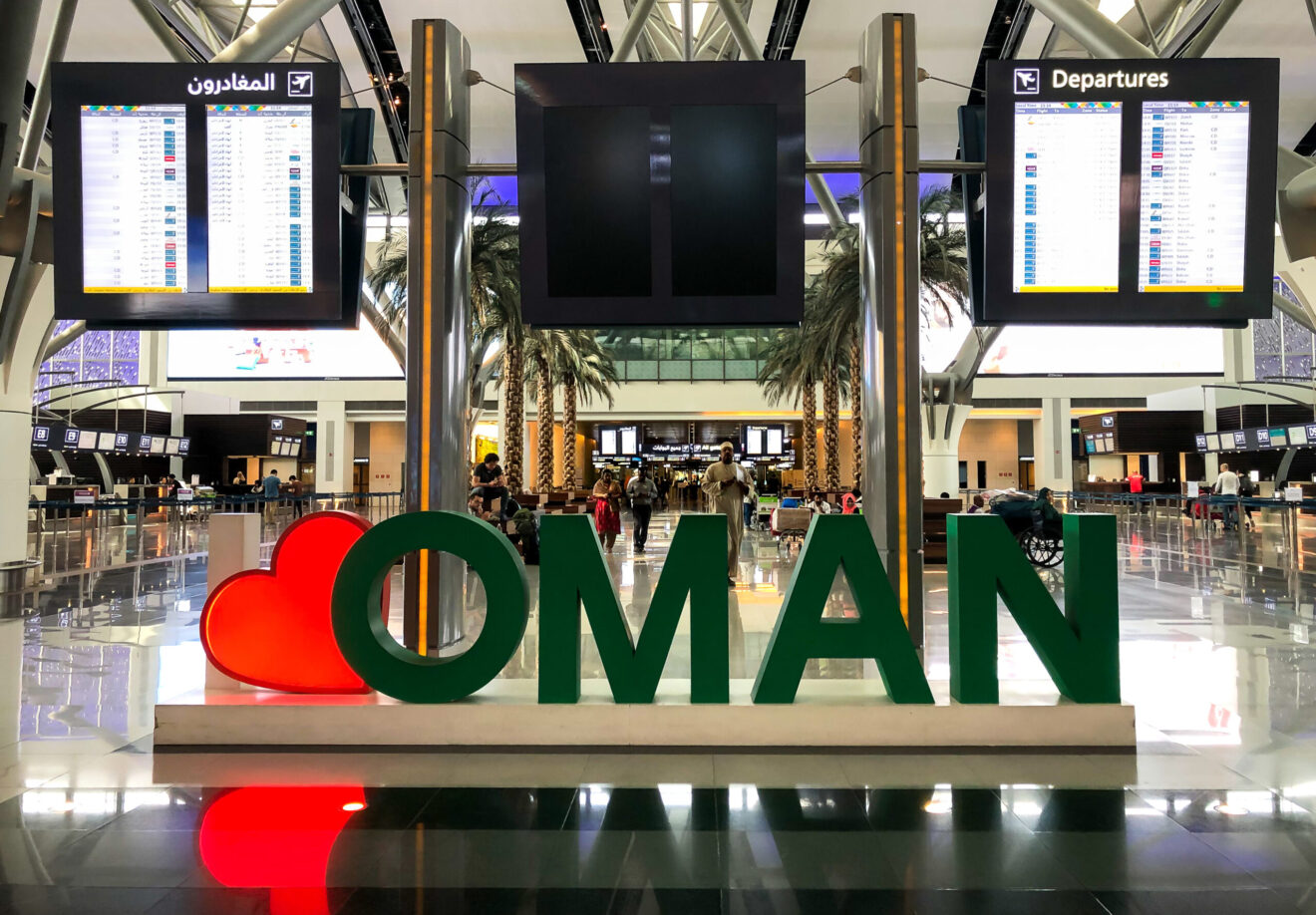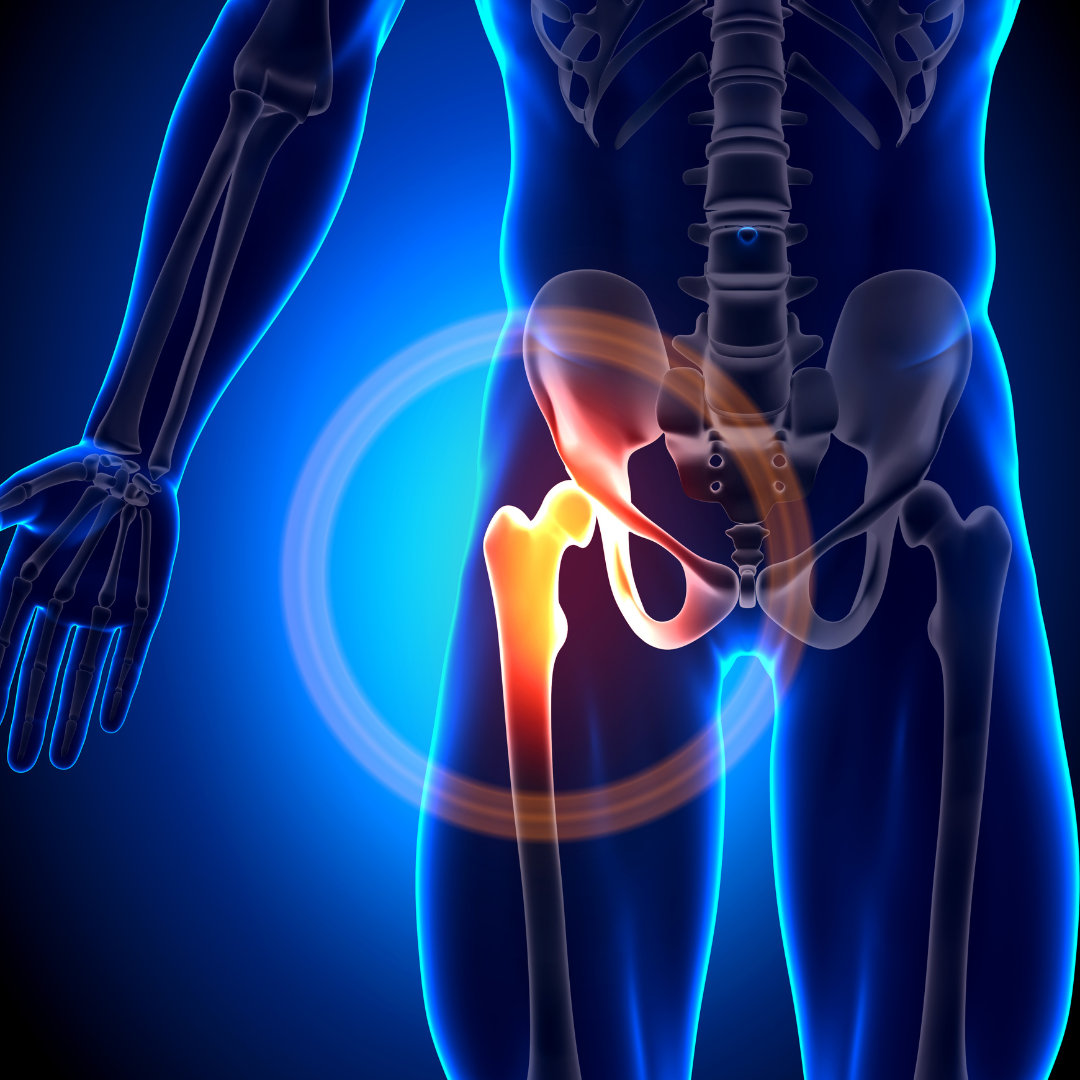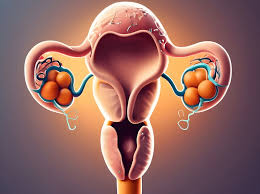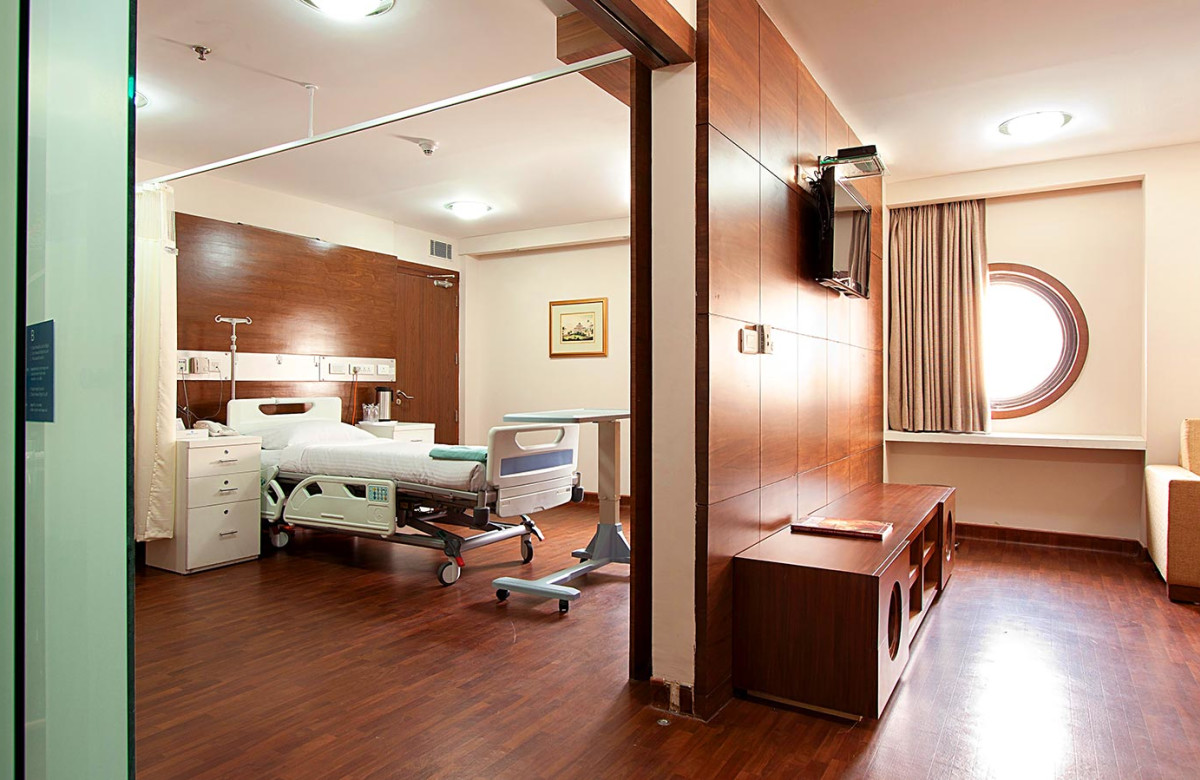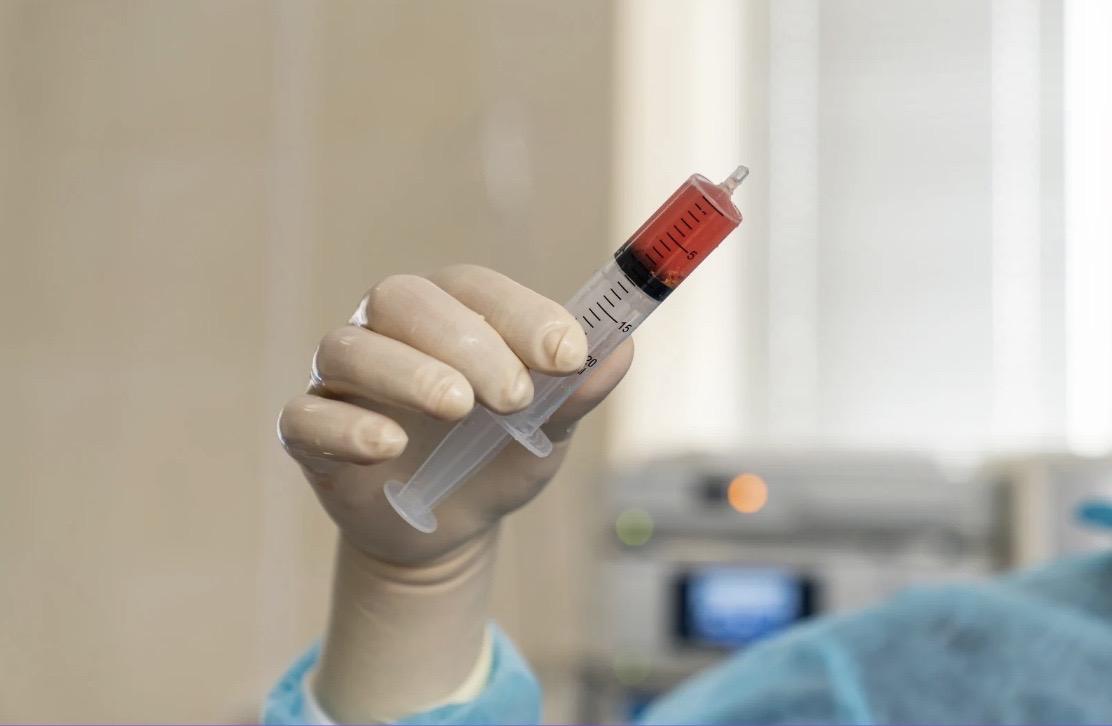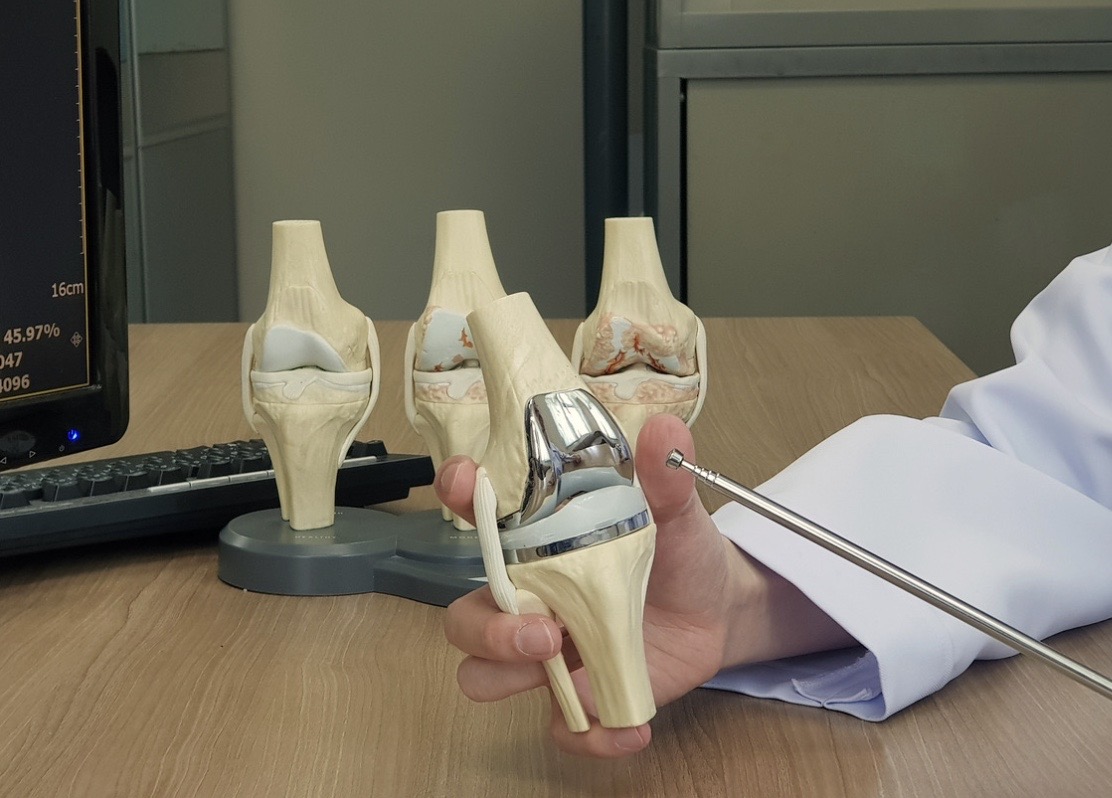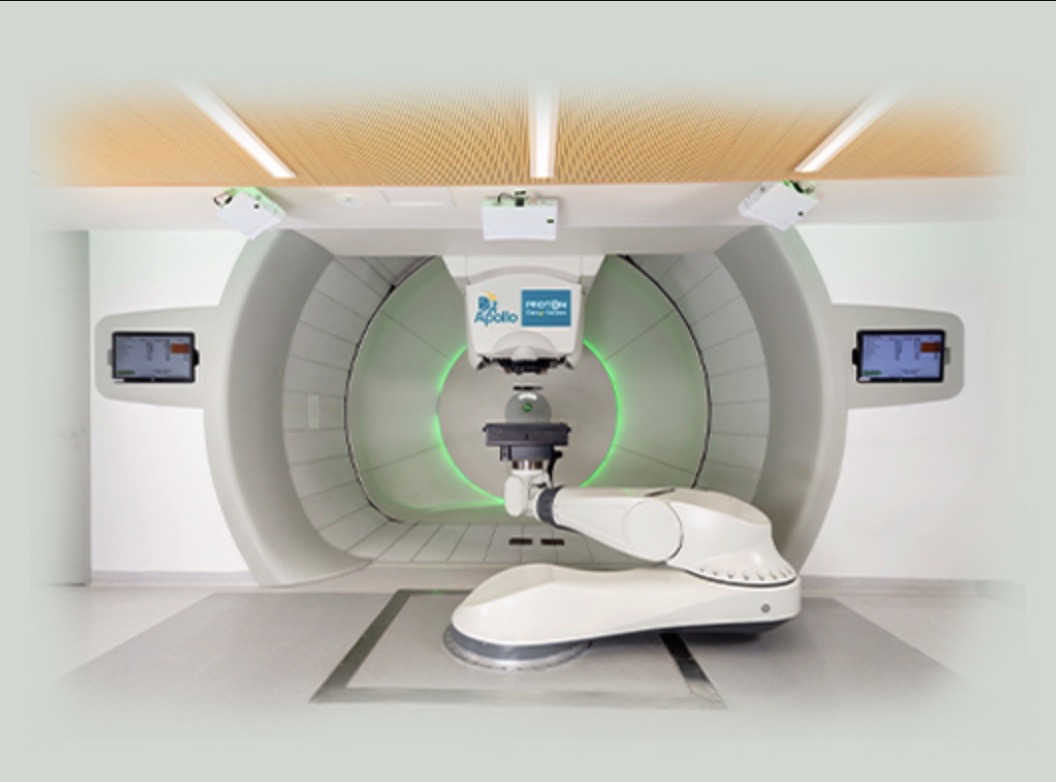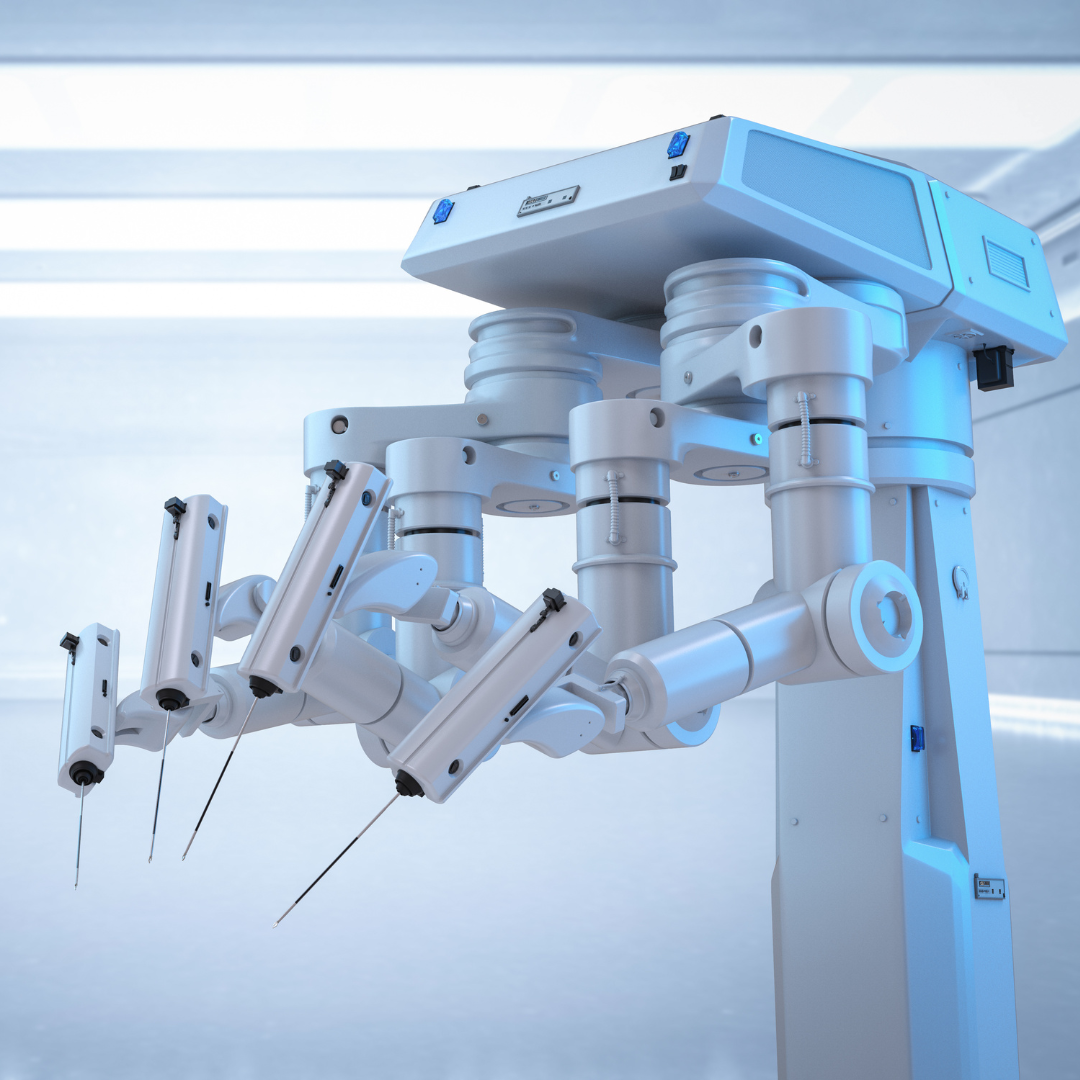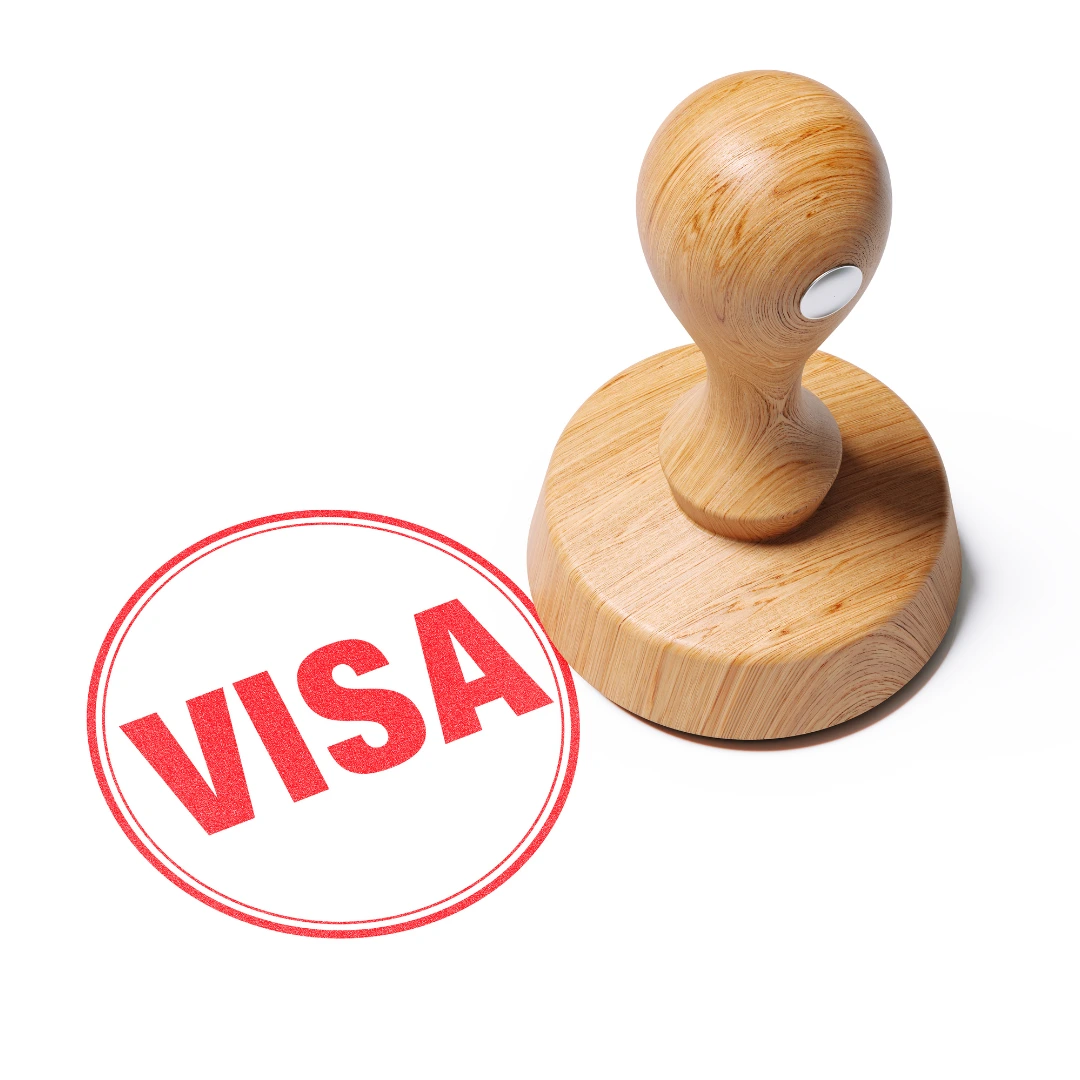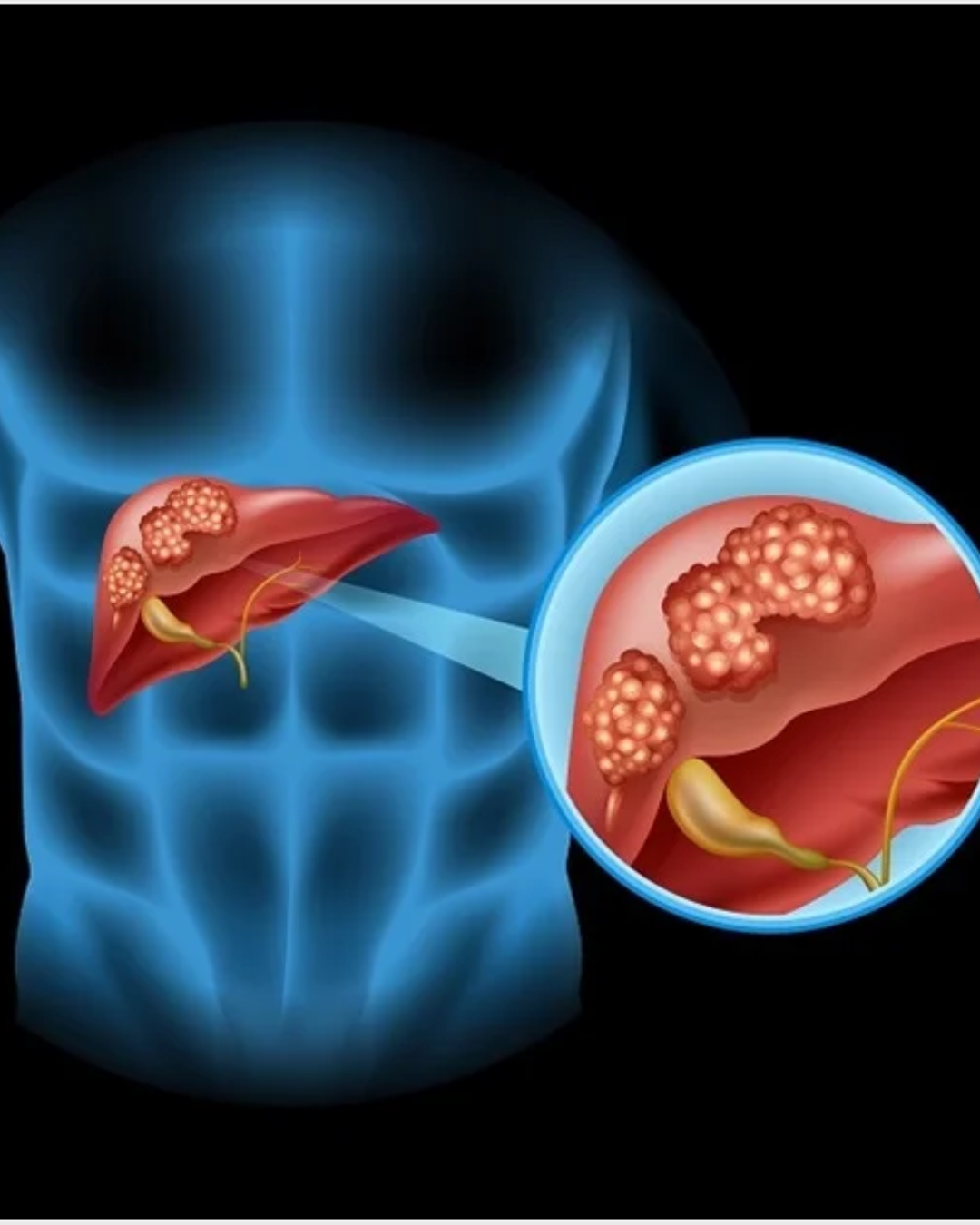Introduction
The surgical removal of nose polyps is known as nasal polypectomy while nose polyps represent the soft painless growths that develop within nasal passages. Nasal polyps frequently block airflow through the nose and reduce personal ability to smell as well as cause breathing problems. The nose polyps symptoms include enduring nasal blockage and constant rhinorrhea together with facial pressure and habitual nighttime breathing noises. The failure of medications leads healthcare providers to perform nasal polypectomy for patients to regain normal airflow while improving their quality of life. The medical procedure remains minor yet it successfully controls nasal congestion from swollen polyps. The success of long-term relief after surgery depends on following proper healthcare practices as well as continued medical check-ups. Continuous nose polyps symptoms require an ENT specialist consultation for proper treatment of nasal congestion and effective breathing improvement.
Cost Comparison
The cost of nasal polypectomy treatment varies widely anywhere in the world, depending on the hospital, the stage of cancer, the type of treatment, the number of therapy sessions required, the patient’s overall health condition, post-operative complications and care, etc. The average cost of nasal polypectomy in India is USD $600.
But be assured as the cost of Nasal Polypectomy in India is just a fraction of developed nations.
- Avg Cost of treatment - $600
- Maximum cost of treatment - $1800
Factors affecting Cost Of Treatment
-
The size of nose polyps and their number directly affects how difficult the surgical procedures become which leads to higher treatment expenses. Severe patients experiencing nose polyps symptoms might need complex medical treatments.
-
Reputable medical facilities along with expert surgeons raise their fees when delivering effective treatment for nasal congestion from polyps.
-
CT scans along with endoscopies used to examine nose polyps symptoms contribute additional expenses to treatment costs.
-
The selection between traditional or minimally invasive surgical approaches determines the cost of treatment for nasal congestion.
-
The costs rise due to medical facility expenses when patients need to stay longer after surgery because their nasal congestion continues following the procedure.
-
Post-operative medications used to treat nose polyp symptoms along with medications to stop recurrence impact the overall healthcare expenses.
-
Insurance benefits establish the amount of patient responsibility for paying expenses related to nasal congestion treatment with surgery.
-
The cost of treatment for nasal congestion varies depending on the city where healthcare services are provided alongside hospital infrastructure quality and the regional need for specialized ENT care.
Treatment Options
-
Hospital doctors usually provide corticosteroid nasal sprays and oral steroids to patients before surgery to reduce nasal polyp size and combat congestion. The medication serves two purposes by helping to control nose polyps symptoms while postponing surgical intervention if treatment brings relief.
-
Endoscopic Sinus Surgery performs minimally invasive polyp removal with the combination of a small camera and instrument tools. The method remains among the main options for blockage relief following medication treatment failure.
-
Through Functional Endoscopic Sinus Surgery (FESS) surgeons both clear sinus obstructions and remove polyps thus decreasing symptoms of nose polyps while enhancing breathing. The medical procedure serves as an especially powerful solution when dealing with nasal congestion and treating related conditions.
-
The surgical procedure of Traditional Polypectomy is needed to extract extensive polyps that impose severe breathing problems along with extreme nasal congestion.
-
The non-invasive Balloon Sinuplasty procedure uses a bladder-like balloon that opens sinus airways by inflation. Nasal polyps symptoms can lessen through this procedure which does not require the actual removal of polyps.
-
Long-term prevention of regrowing polyps requires post-surgical care which relies on saline rinses together with nasal sprays and proper medications.
-
Patients suffering from nose polyps can benefit from using steam inhalation and operating humidifiers as well as reducing allergens in their environment to control symptoms while their nasal congestion heals after surgery.
-
The effectiveness of nasal congestion treatment is monitored by ENT specialists who perform regular check-ups to stop nose polyps from returning.
How Medotil Assists International Patients
Medical Visa Assistance
- Guides patients through the process of obtaining a medical visa for India.
- Provides necessary documentation support, such as invitation letters from hospitals.
Accommodation Arrangements
- Helps secure comfortable and affordable lodging near treatment centers.
- Offers a range of options, including guest houses, hotels, or serviced apartments.
Food Services
- Assists in arranging dietary preferences, including international cuisines and special diets for medical needs.
Transportation Support
- Provides airport pickup and drop-off services.
- Offers reliable transportation for hospital visits and local travel.
Hospital and Doctor Selection
- Recommends top hospitals and connects patients with experienced specialists in their specific condition.
- Ensures access to advanced medical treatments and technology.
Tourism Services
- Organizes visits to famous tourist attractions like the Taj Mahal, Jaipur, Kerala, and other cultural landmarks.
- Tailors travel plans based on patient preferences and recovery needs.
24/7 Support
- Provides round-the-clock assistance for any queries or emergencies during the stay in India.


